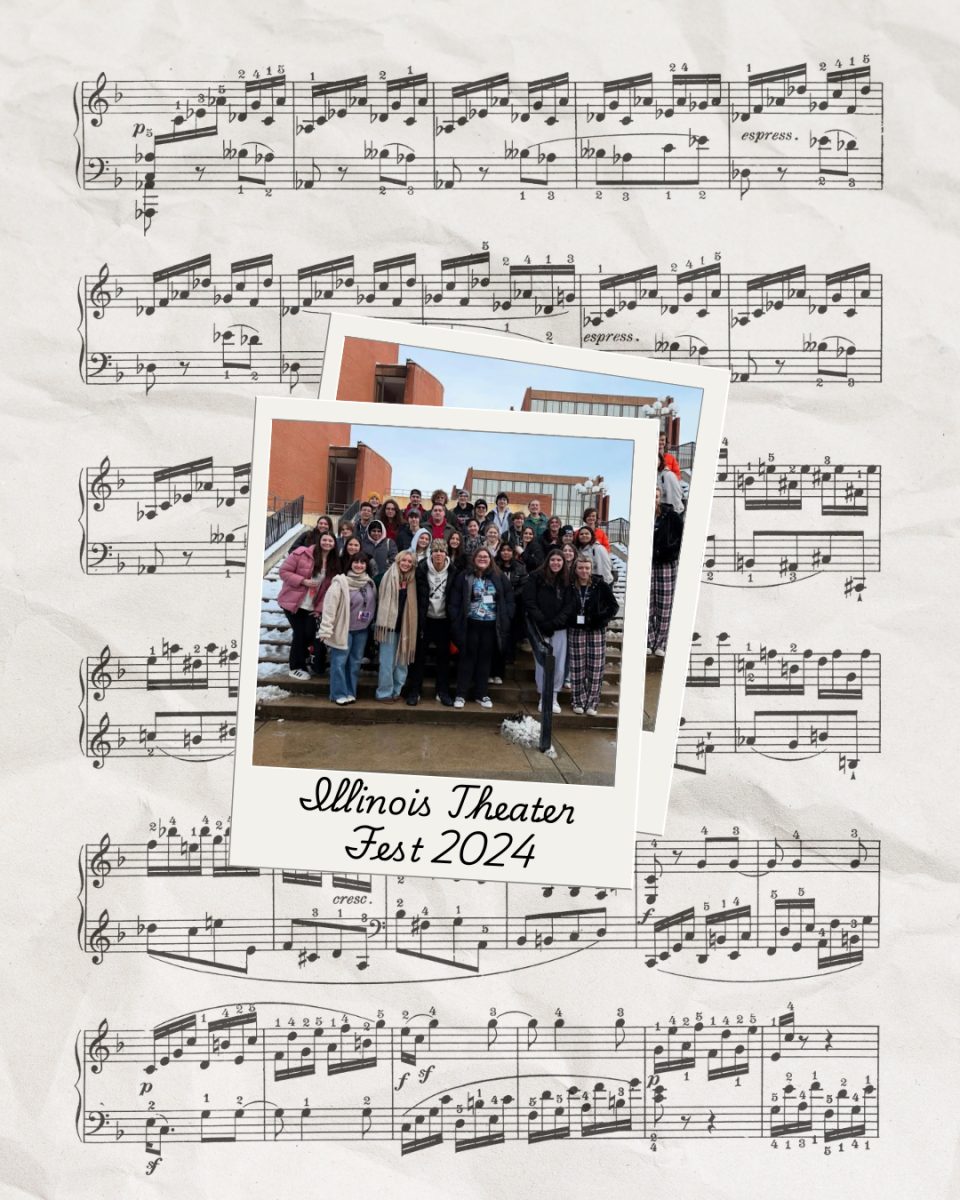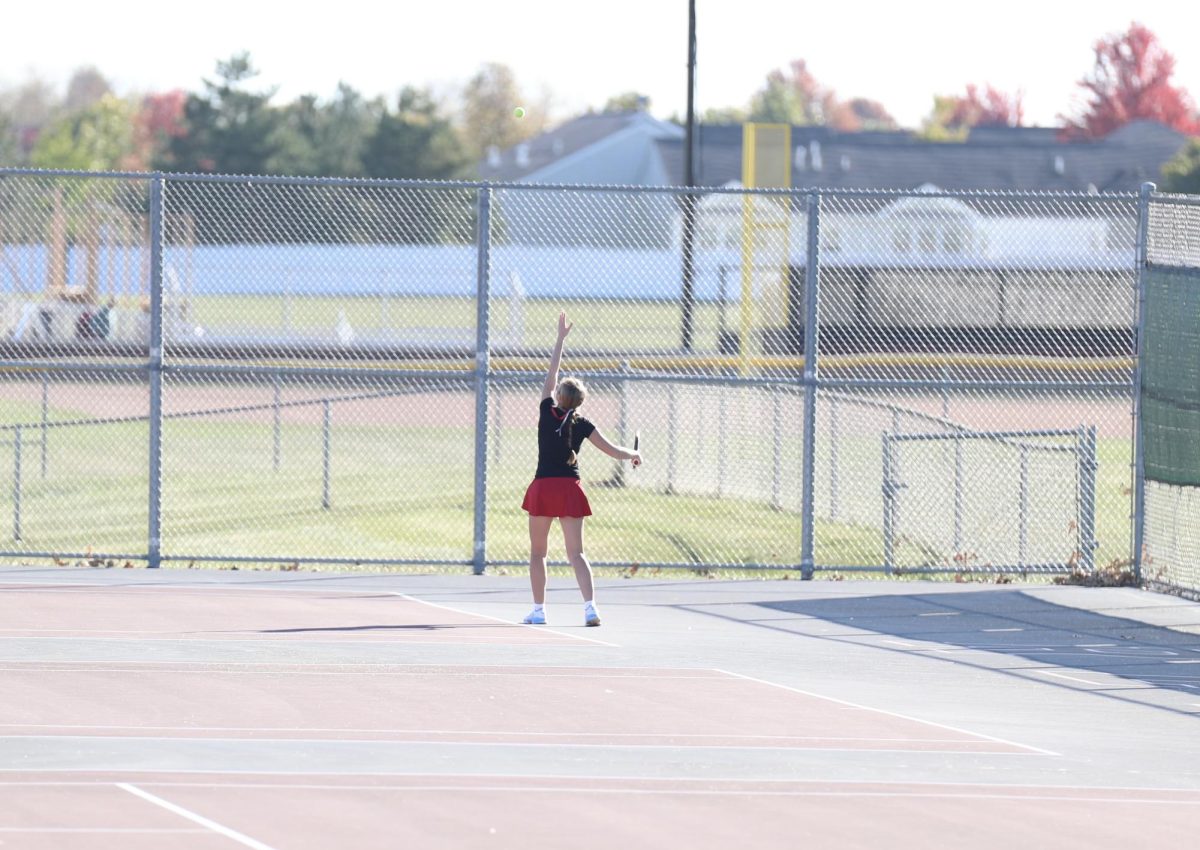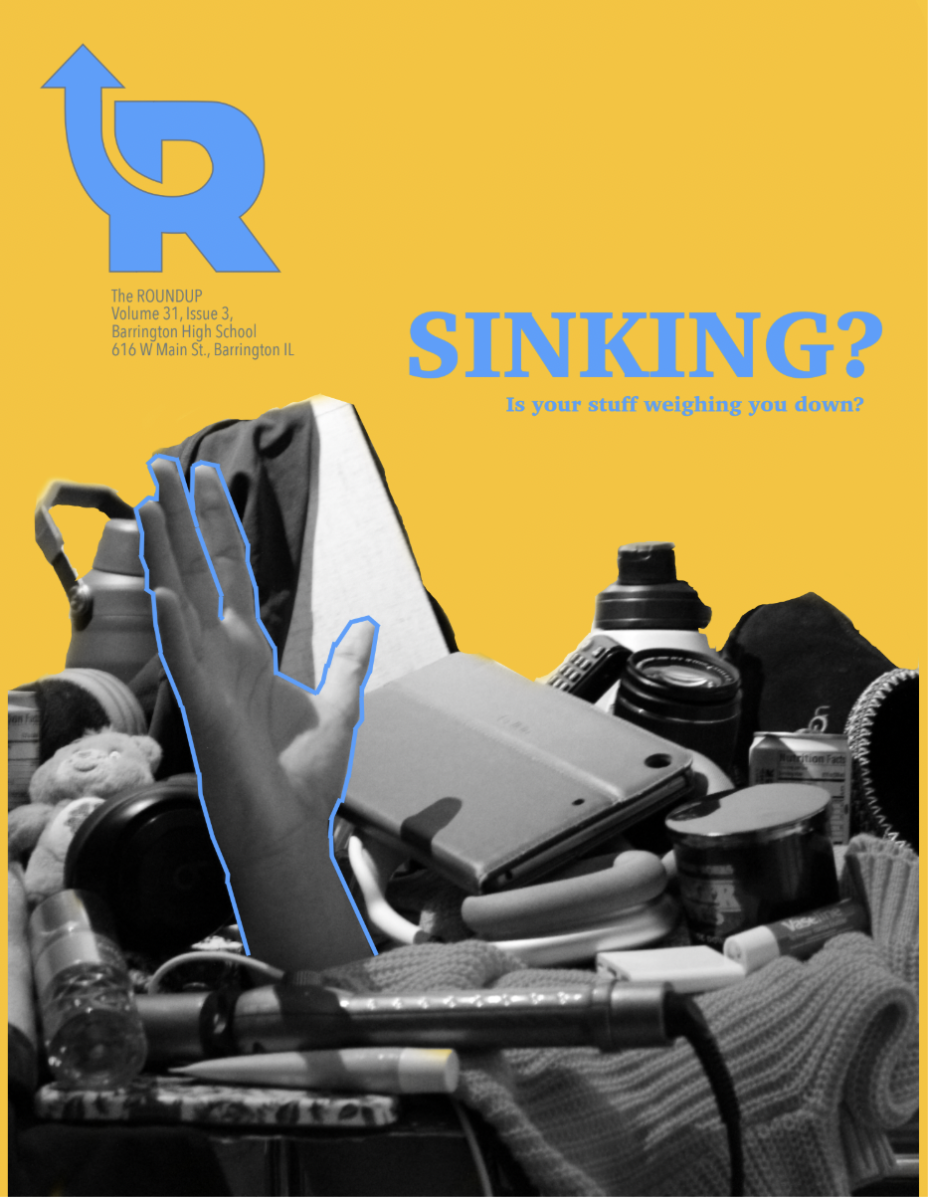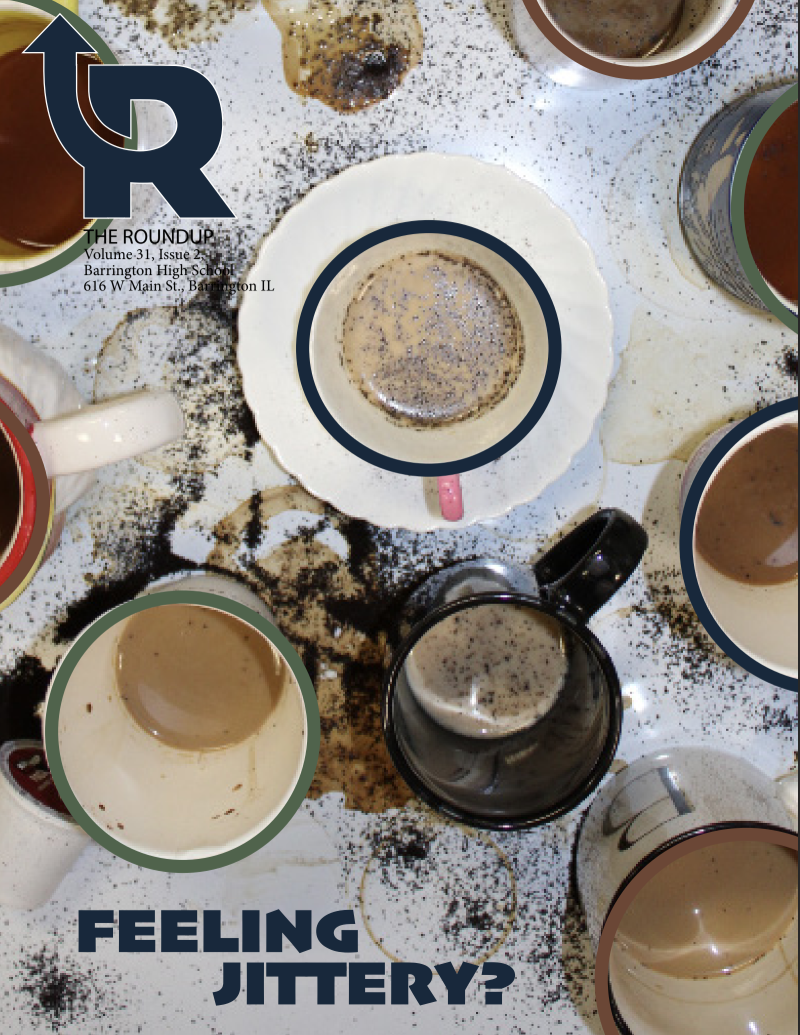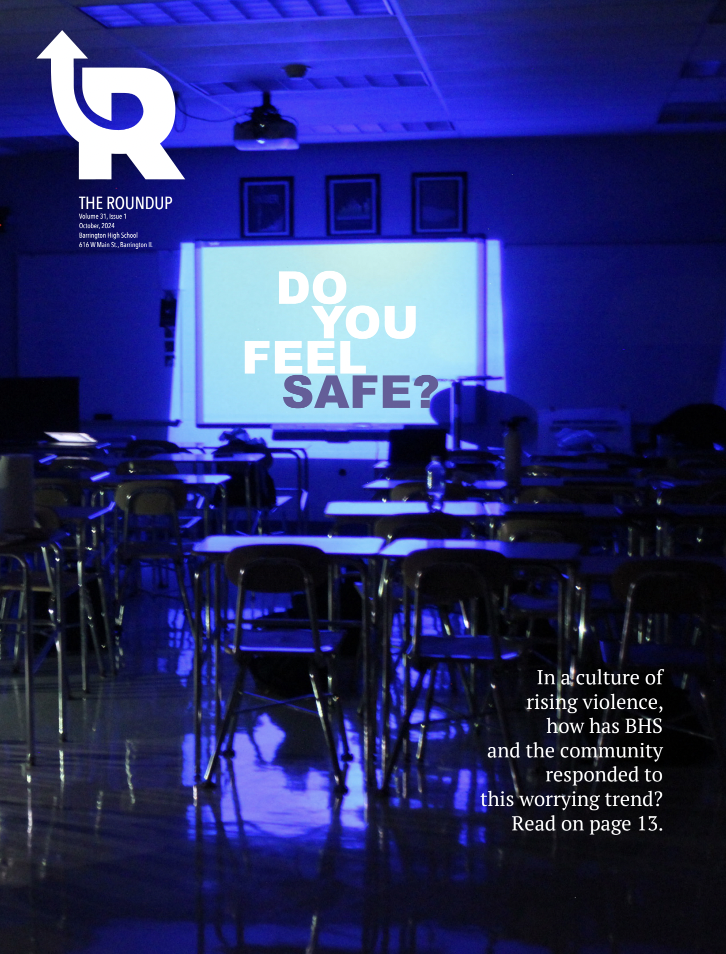Clean commons = common sense

The bell rings and students pour out of the Commons to get to their next class. Unnoticed trash left behind: empty food packages, forgotten notebook paper, a spilled drink. Collectively, students leave behind a careless mess; one that becomes the responsibility of the janitorial staff. It’s easy to not clean up after yourself when no one’s watching, but is convenience over responsibility and respect really the move in terms of cleanliness?
The school cafeteria and Commons areas can be surprisingly dirty places. Rather than blaming the “tragedy of the Commons,” Associate Principal Dr. Heath McFaul thinks student disregard for their mess is a display of careless autonomy. Instead of thinking about the mess they’re making, students act as a cog in the wheel: unknowingly repeating their wrongful actions every day.
McFaul views the Commons as the location of the most socialization in the building, It’s where we take a break from discussing work and reveal our personal lives. To him, the Commons are also a place where students display their humanity.
It is a poor demonstration of humanity–laziness and a lack of student accountability for their actions outside of the classroom–that contributes to a daily mess.
Maintaining a clean and tidy eating and working environment is important for a number of reasons. A clean area minimizes the spread of germs, prevents offending smells from lingering and runs more smoothly overall in comparison to untidy spaces.
According to a study conducted through the Center for Facilities Research at Certified Educational Facilities Professionals (CEFP), 80% of the students surveyed admitted that they should be involved in keeping campus buildings clean. Students reported that lack of cleanliness affects allergies, spreads germs, increases bug and rodent infestations and promotes higher stress levels.
This study presents new knowledge to help support educational facilities in providing learning spaces to students that will enhance academic achievement and protect the overall health of the student body.
Since students are the ones making this mess, we can not let it fall on the janitorial staff, especially if they spend long hours every night cleaning up after the messes of the student body. If students stopped to clean up after themselves, the school environment will improve.
We, as a society, hear a lot about cleaning up after ourselves; oil companies cleaning up after pipelines spill, deleting emails, using the good ‘ol pooper scooper when walking the dog. But where does this stem from? Why should we leave the world in an equivalent or better place?
These days, throwing away trash could not be more simplified. There are trash cans at the end of every row of tables in the cafeteria, and one in every corner in the commons. Yet students still seem to have difficulty throwing away waste, or even just being respectful towards the furniture provided by the school.
Building a student body culture that values organization and cleanliness is highly manageable. Students are held responsible to take care of their social and academic environments such as the commons and cafeteria.
Take 10 seconds out of the day to throw away trash.
The importance of individual accountability in preventing clutter is an issue for students and faculty to act on now. At the end of the day, delivering results is key. No one wants to walk into a dirty room to eat, study or spend time with friends.
Your mess is your responsibility – clean up accordingly.
Your donation will support the student journalists at Barrington High School! Your contribution will allow us to produce our publication and cover our annual website hosting costs.



























